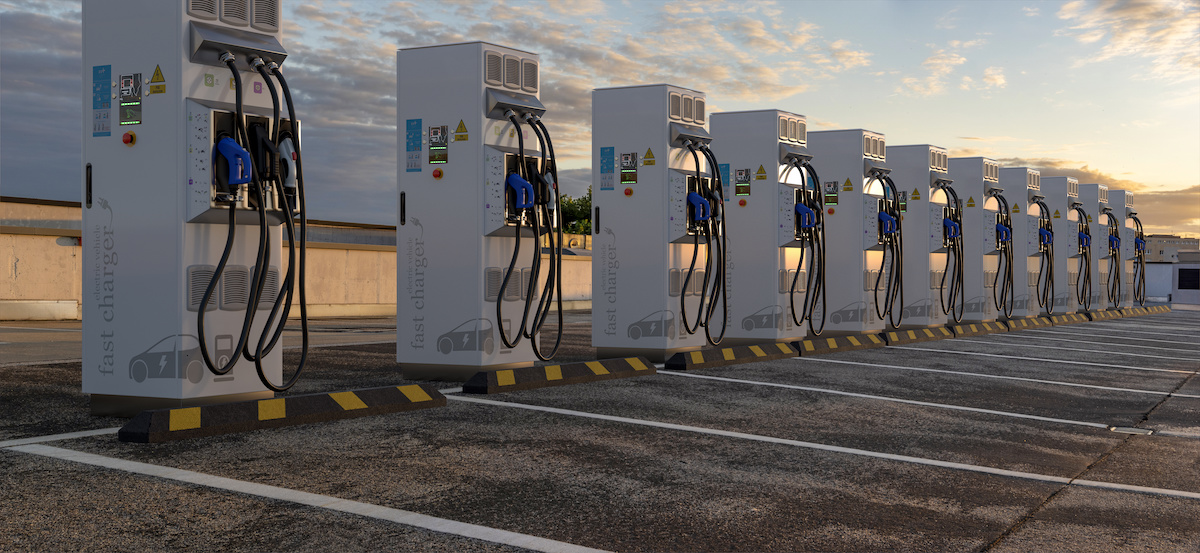California has been awarded nearly $150 million by the U.S. Department of Transportation to support the construction of over 9,200 electric vehicle (EV) charging ports across the state, a crucial step in addressing “range anxiety” and making zero-emission vehicles more appealing to a broader range of drivers. As reported by Colleen Shalby for the LA Times, this funding is part of a larger $521-million infrastructure package distributed to various states, tribes, and the District of Columbia, with the goal of reducing greenhouse gas emissions and promoting sustainable transportation. The bulk of the funds allocated to California will go to the State Department of Transportation, which will use $102 million to build charging and hydrogen fueling stations along key freight corridors, benefiting both passenger vehicles and trucks.
Additional funds include $15 million for Los Angeles County, the City of Los Angeles, and the Los Angeles County Metropolitan Transportation Authority to construct over 1,250 EV charging stations, particularly in underserved communities, and $15.1 million for the Fort Independence Indian Community to establish an EV charging hub along U.S. Route 395. Other significant allocations include $14 million for Bay Area Rapid Transit (BART) to install charging ports at parking facilities and $3.2 million for the Shingle Springs Band of Miwok Indians to build 70 charging stations along U.S. Route 50 between Sacramento and South Lake Tahoe. The federal government’s initiative aims to provide reliable infrastructure that supports the transition to EVs and addresses the challenges of limited charging availability.
This announcement is part of a broader effort by the Biden-Harris Administration to lead the EV revolution and ensure that all drivers have access to convenient and reliable charging options. The funds will not only support the EV infrastructure but also pave the way for future investments in sustainable construction materials. As California moves toward its goal of banning the sale of new gasoline- and diesel-powered vehicles by 2035, this investment in charging infrastructure is seen as vital to ensuring that the EV market can grow and that the associated environmental, health, and economic benefits can be realized.

